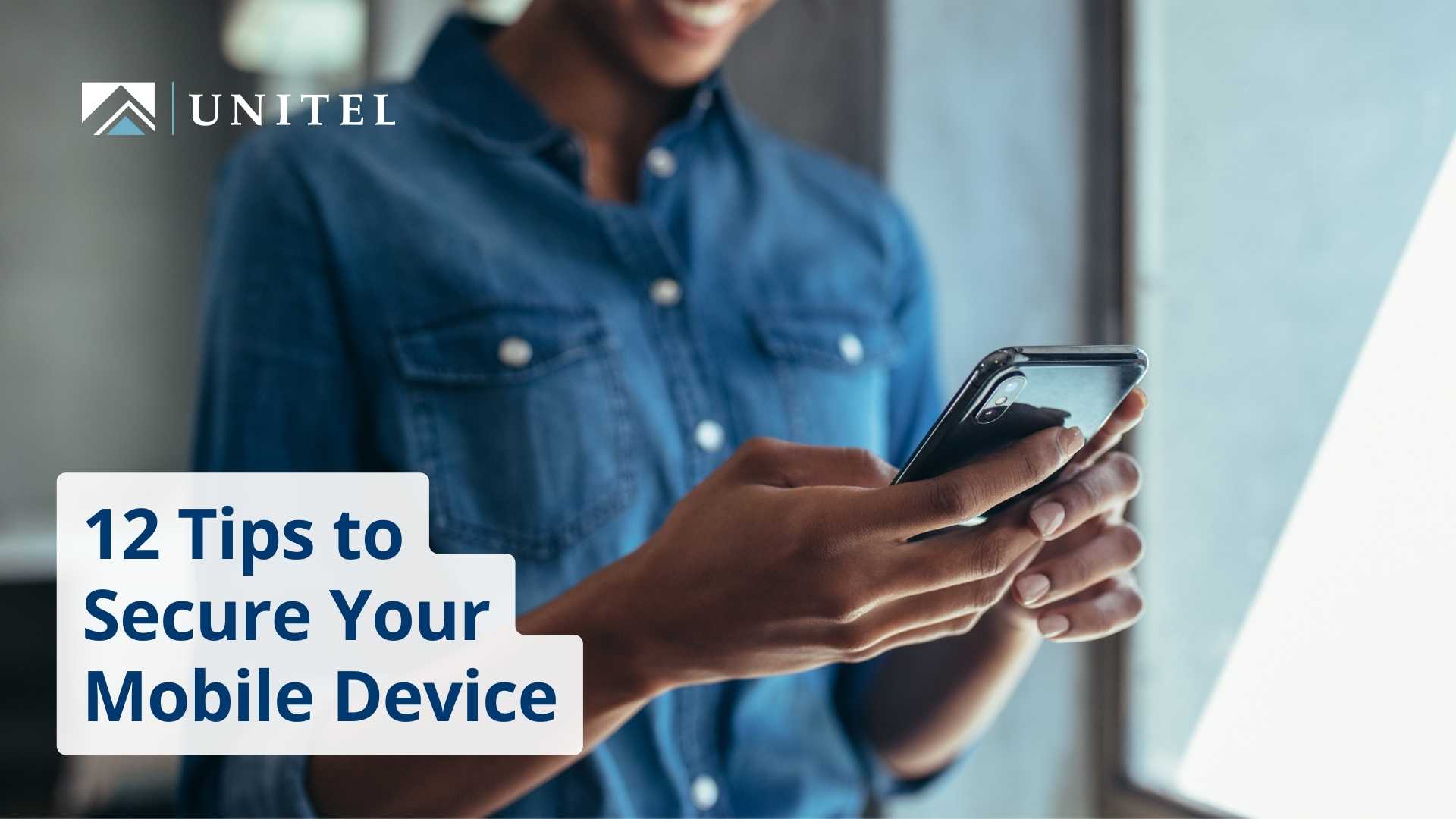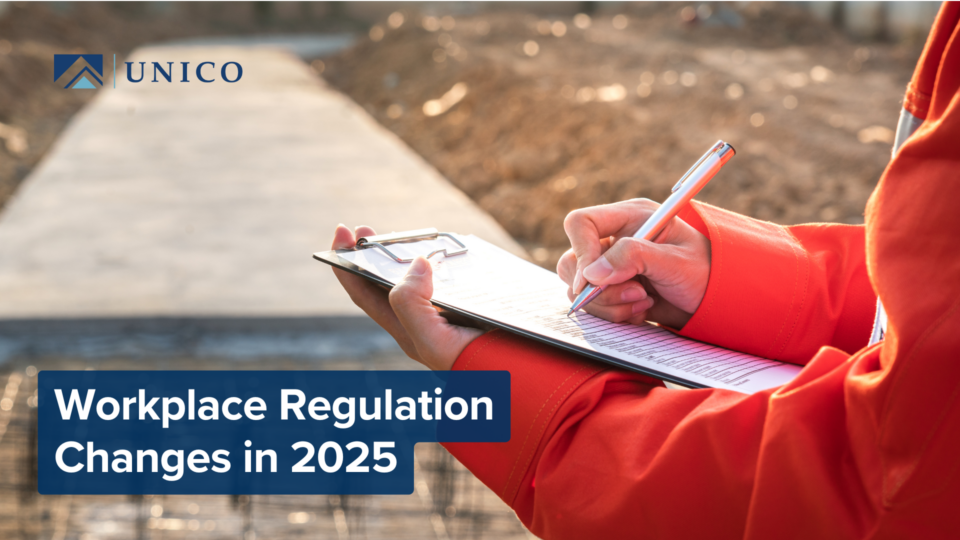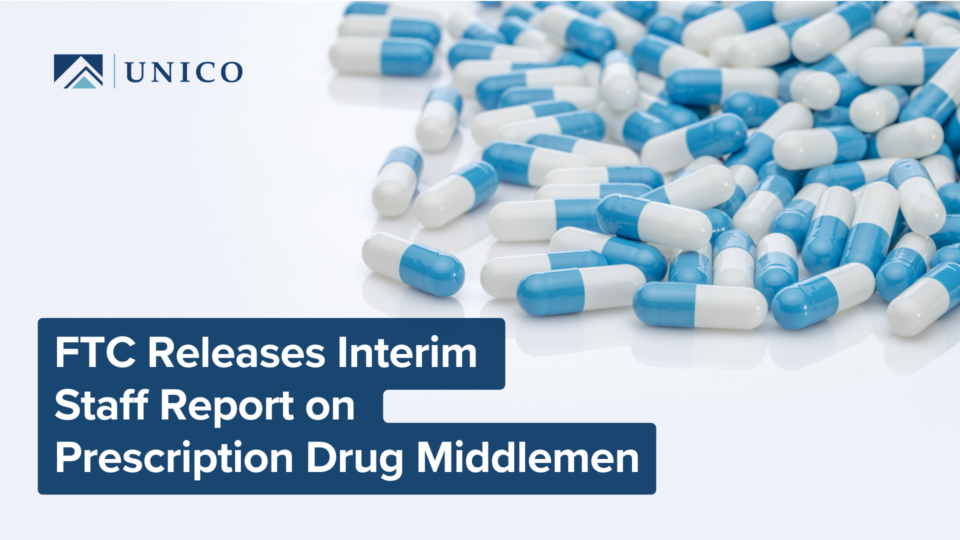As our use of mobile devices continues to climb, cyber criminals are targeting them more frequently. In recognition of the recently observed National Consumer Protection Week, the Oregon Bankers Association (OBA) highlighted 12 steps consumers can take to protect the data on their mobile device.
1. Use a Passcode
Use the passcode lock on your smartphone and other devices. This will make it more difficult for thieves to access your information if your device is lost or stolen.
2. Sign Out
Log out completely when you finish a mobile banking session or other websites containing sensitive information.
3. Install Security Software
Protect your phone from viruses and malicious software, or malware, just like you do for your computer by installing mobile security software.
4. Only Install Trusted Apps
Use caution when downloading apps. Apps can contain malicious software, worms, and viruses. Beware of apps that ask for unnecessary “permissions.”
5. Keep Software Updated
Download the updates for your phone and mobile apps.
6. Don’t Share Passwords
Avoid storing sensitive information like passwords or a social security number on your mobile device.
7. Communicate With Your Financial Institution
Tell your financial institution immediately if you change your phone number or lose your mobile device.
8. Be Aware of Your Surroundings
Be aware of shoulder surfers. The most basic form of information theft is observation. Be aware of your surroundings especially when you’re punching in sensitive information.
9. Reset Your Device
Wipe your mobile device before you donate, sell or trade it using specialized software or using the manufacturer’s recommended technique. Some software allows you to wipe your device remotely if it is lost or stolen.
10. Beware of Mobile Phishing
Avoid opening links and attachments in emails and texts, especially from senders you don’t know. And be wary of ads (not from your security provider) claiming that your device is infected.
11. Watch Out for Public Wi-Fi
Public connections aren’t very secure, so don’t perform banking transactions on a public network. If you need to access your account, try disabling the Wi-Fi and switching to your mobile network.
12. Report Fraud Immediately
Report any suspected fraud to your bank immediately. If you are concerned about your account security, call your bank even if you are just generally concerned. Better safe than sorry.
Originally published by the Oregon Bankers Association
The loss prevention information and advice presented in this document is intended only to advise our clients, customers and business partners of a variety of methods and strategies based on generally accepted safe practices, for controlling potentially loss producing situations commonly occurring in business premises and/or operations. They are not intended to warrant that all potential hazards or conditions have been evaluated or can be controlled. They are not intended as an offer to provide insurance coverage for such conditions or exposures, or to imply that UNITEL Insurance Group will provide such coverage. The liability of UNITEL Insurance Group is limited to the specific terms, limits and conditions of the insurance policies issued, if any.




